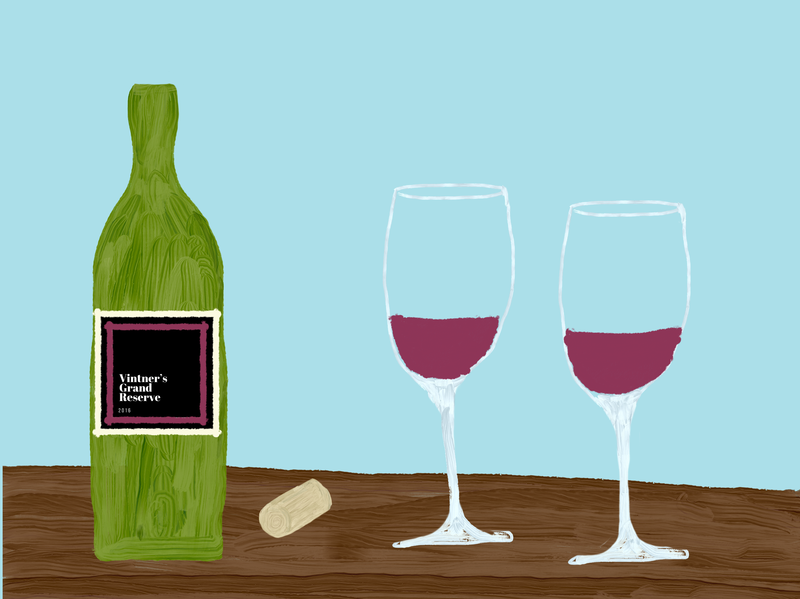It's time to answer some of your questions about the world of wine. I enjoy your questions so keep them coming.
Can Champagne be corked?
Yes, any wine using a natural cork closure can be affected by cork taint. The reason many of us have not come in contact with a corked sparkling wine is far fewer bottles of sparkling wine are consumed compared to still wine.
What is the difference between "private bin" versus "cellar selection" on a wine label?
Keep in mind there are no legal definitions for these phrases nor are they regulated. "Reserve" is another term often used. Sometimes these terms are marketing ploys, but they can also designate a bottle the winemaker determined stands out from other bottlings.
I can't find a wine you recommended in your Uncorked column. Where can I buy the wines you write about?
With thousands of brands available in our market, it is a high expectation that all retailers can stock them all. I only write about wines in our market and available through our distributors. A retailer may not carry a specific bottle, but most can be special ordered by request. Although they may be subject to minimum ordering requirements from your retailer.
Do you need to swirl a glass of sparkling wine like we do with still wines before tasting?
There is no need for swirling your glass because the bubbly carbonation is swirling the wine for you. The flavors and aromas are enhanced by those escaping bubbles. Swirling a sparkling wine is a bit like shaking a soda — you could make a mess and it can cause the wine to go flat prematurely. If you are doing a "tasting note" you can use a tasting glass instead of a traditional "flute" glass used for sparkling wines.
At a recent wine tasting event they used the word "cloying" to describe several wines. What does this mean?
A cloying wine is extremely and unpleasantly sweet. Some of the greatest wines in the world are sweet, such as Sauternes and Ports, but it's their perfect balance of the acidity, alcohol and intense flavors making these wines desirably sweet.
What does "MCC" mean on wine labels? MCC is an abbreviation for Methode Cap Classique, a term for sparkling wines made in South Africa. The process is similar to the traditional method for making Champagne. This process is labor-intensive with a secondary fermentation occurring in the bottle. MCC wines will have a fine bubble and more intense aromas and flavors — and a higher price tag — than mass produced sparkling wines.
Lorri Hambuchen is a member of London's Institute of Wines and Spirits. Contact her at the Arkansas Democrat-Gazette, P.O. Box 2221, Little Rock, AR 72203, or email:
uncorked@thewinecenter.com
Food on 08/14/2019
